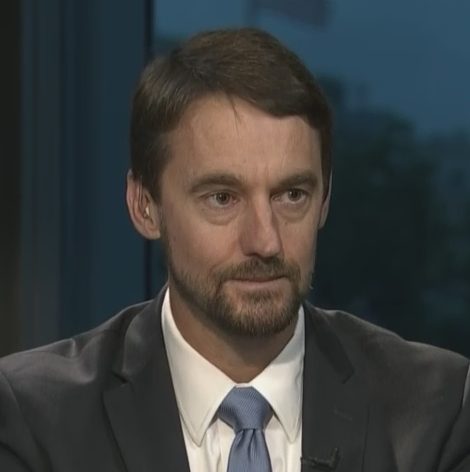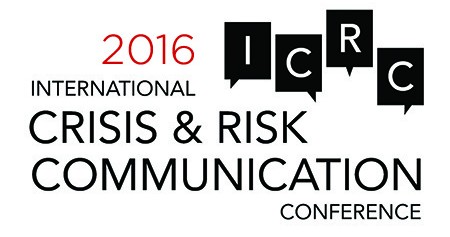
Assistant Professor
Department of Public Health and Sciences, Penn State
USA
Gavin Macgregor-Skinner is an assistant professor in the Department of Public Health Sciences at Penn State Hershey and teaches three graduate courses on Public Health Preparedness for Disasters and Terrorist Emergencies. He has worked in public health leadership positions with U.S. and international governments, United Nations agencies, the private sector, and military, designing public health preparedness and disaster response programs in Africa, Asia, Europe, Middle East, and Latin America.
Dr. Macgregor-Skinner recently was invited by the Nigerian Government to lead a team from the Elizabeth R Griffin Foundation to conduct training workshops and establish Hospital Ebola Isolation Suites. At the invitation of US State Departments of Health, he has conducted biorisk management risk assessments for Ebola in the States of California, Georgia, Florida, Pennsylvania and Tennessee. He has worked with Ebola patients in Liberia, Nigeria, and at Emory University Hospital. He has provided expert opinions on Ebola in TV interviews on CNN, BBC, Aljazeera, C-SPAN, Canada CTV, Australia ABC that are available here http://www.ergriffinresearch.org/about/news.php
For the U.S. government, Dr. Macgregor-Skinner led a technical team in providing assistance in prevention and control of avian and pandemic influenza outbreaks, and provided direct support by bringing governments and partners together to form task forces that generated comprehensive national preparedness plans in Africa, Asia, and Latin America. At the Centers for Disease Control and Prevention (CDC), he was deployed to Banda Aceh after the 2004 Tsunami and led a team to design and conduct rapid health risk assessments, and developed integrated strategies with government, UN agencies, and non-governmental organizations. He served in the Australian and British armies and coordinated public health programs in post-conflict environments. With the British government, he implemented community-based participatory approaches for disease surveillance and outbreak response.
Dr. Macgregor-Skinner has a bachelor’s in veterinary science from the University of Queensland, Australia, a master of science in emerging infectious and zoonotic diseases from the University of London, England, and a master of public health in epidemiology and international health from the Johns Hopkins Bloomberg School of Public Health. His passion is engaging networks of experts who share knowledge and experiences to increase the global understanding of risk and preparedness.
2015
Ebola Virus Disease: Whole Community Approach builds Resilience Capacity
Given the advanced state of the epidemic and the cultural and social ecologies most profoundly affected by Ebola, stopping the transmission and translocation of Ebola is no longer feasible through medical isolation and palliative clinical care alone. Resilience Capacity Zones (down to the neighborhood and village level) are being developed in and around the Ebola-affected areas to build the equivalent of behavioral and social “immunity” in these areas crucial to stopping Ebola transmission and translocation. Secondarily, other mission critical functions in the Resilience Capacity Zones are being addressed to stem other negative Ebola-related cascading effects (e.g., collapse of health systems, the breakdown in trust regarding key institutions, collapses in food and water security, social unrest, increases in violence, as well as supply chain and economic collapses).
Three objectives:
1. The goal is to certify each Resilience Capacity Zones as Ebola-resistant, and then Ebola-free during the months ahead to reach containment and eradication far more quickly by preventing translocation into new areas and flattening the epidemic curve in each affected community.
2. The advantage of Resilience Capacity Zones development, is that through Web 3.0 intelligent social networks, behavioral and social immunity can be established in the absence of widespread vaccine and curative therapeutics.
3. Through the Resilience Capacity Zones (as nested subsystems of the Resilience Systems and Resilience Networks in Sierra Leone, Liberia, and Guinea), the roughly 40 mission critical functions in each community, neighborhood, and village can quickly stop negative cascading effects from the Ebola social crisis. This approach provides a solid path toward sustainability in community and societal level recovery during and after the Ebola epidemic.


